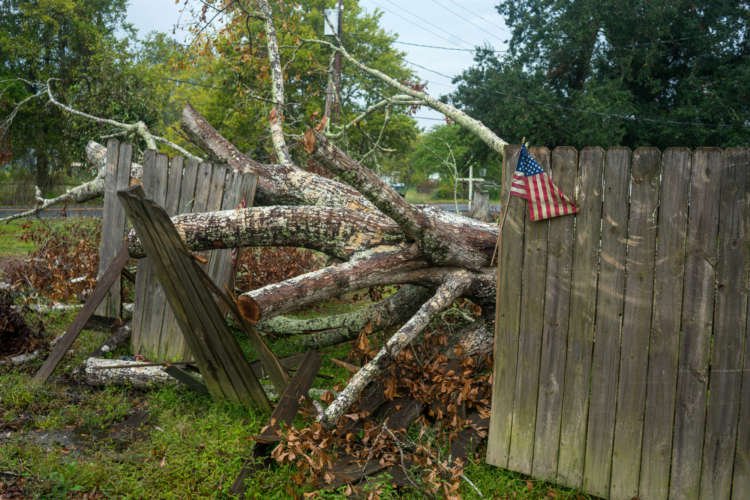Natural catastrophes cause above-average $100 billion in insurance losses in 2020 – Aon
Published by linker 5
Posted on January 25, 2021
2 min readLast updated: January 21, 2026

Published by linker 5
Posted on January 25, 2021
2 min readLast updated: January 21, 2026

LONDON (Reuters) – Natural catastrophes resulted in $97 billion in insured losses in 2020, 40% above the average for this century, in a year when insurers also faced hefty bills due to the coronavirus pandemic, insurance broker Aon said in a report on Monday.
Hurricane Laura, which hit the United States and Caribbean in August, caused a $10 billion insured loss, the largest global insured loss event of 2020, Aon said.
Economic losses from natural disasters – insured and uninsured combined – totalled $268 billion, with seasonal floods in China between June and September causing the greatest loss event at $35 billion.
Seasonal floods during the same period in India caused the greatest number of deaths, at 1,922, Aon said.
Social distancing requirements due to the pandemic made processing claims harder, Aon said, with insurers using drones or customers’ own pictures rather than sending loss assessors to the scene of the disasters.
“Focus at the corporate and federal levels will be critical around investments in risk mitigation, resilience, and sustainability as the landscape around climate change solutions continues to accelerate with renewed urgency,” said Steve Bowen, Director and Meteorologist for Aon’s Impact Forecasting team.
Reinsurer Swiss Re last month pegged insured losses from natural catastrophes at $76 billion, while Munich Re estimated them at $82 billion.
(Reporting by Carolyn Cohn; Editing by Alexandra Hudson)
Explore more articles in the Business category











